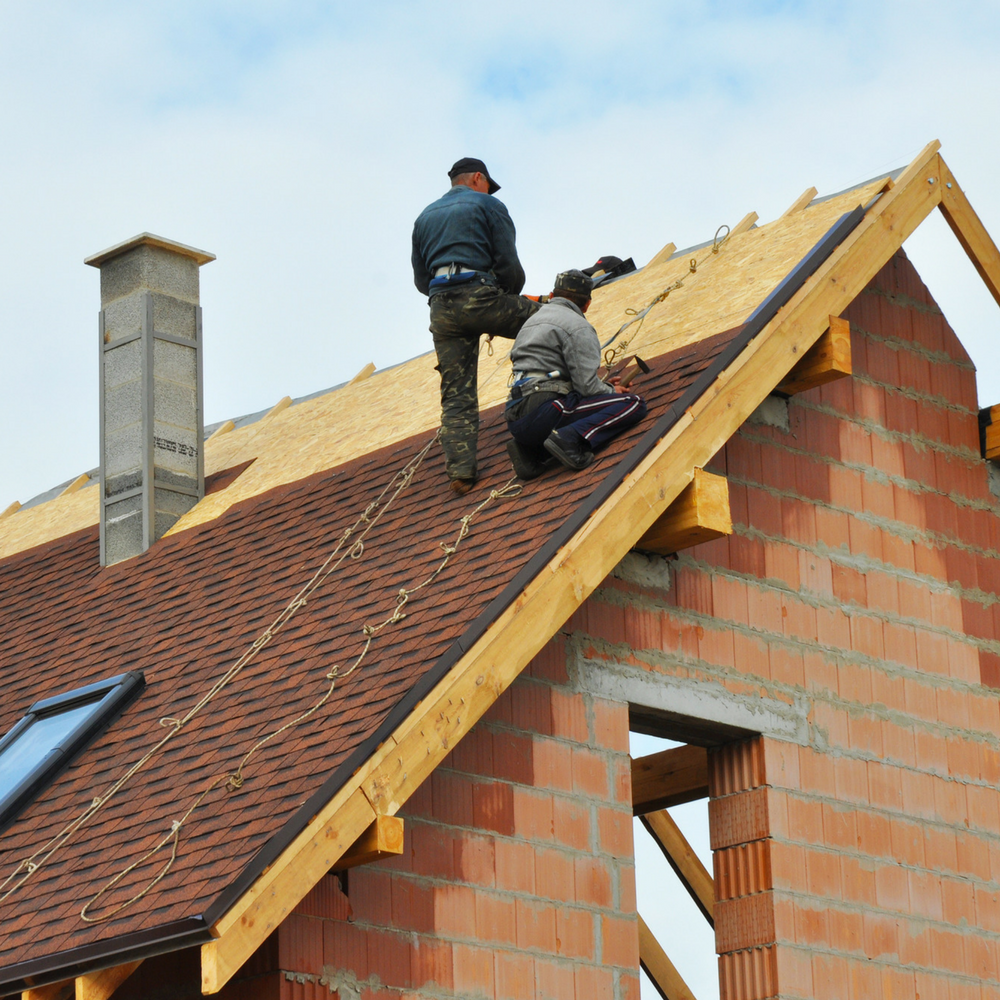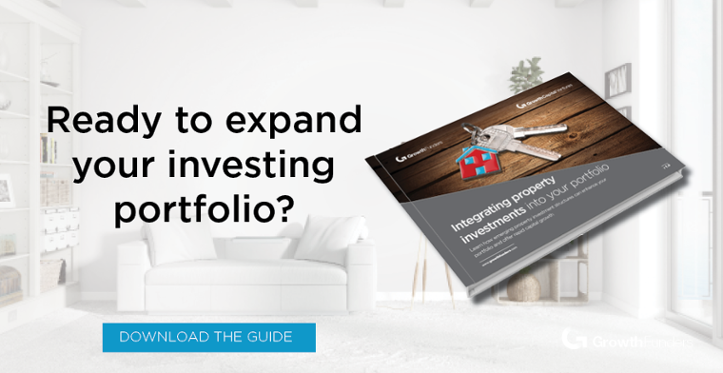8 questions you need to ask before becoming a property developer
It's not surprising that many of us have aspirations to be property developers.
When you read regular stories of how people have made millions through property (whether that's from a friend of a friend or a household name - we touched on Robbie Fowler as a property investor recently, for example), wanting to take a piece of the property market action is a natural feeling.
And whilst there are various ways to make an investment into property, one of the most common is by becoming a property developer.
On a general level, the description of a property developer is essentially someone who develops property for financial gain. This will often be by buying a property low, enhancing it and selling it for an immediate profit, or by buying a property with the intention of letting it for the long term, for a continued period of return.
Being vast and varied in its meaning though, in many ways, the term 'property developer' can simply be a synonym for 'property investor'.
So how do you get started as a property developer?
In theory, anyone can be a property developer. Whether it's your first foray into property or not, doing so can all come down to the answers to eight key questions:
1. Do you have access to the finances to invest?
Arguably the most important requirement for a property developer is finance. Without finance, there can be no development.
Moreover, the finance required for the development will be tied up until the first property sells or begins to generate rental income. This means that whilst the capital is locked up in the development, there will not be scope to expand or grow.
It’s essential for property developers to have - or raise - the necessary finance for the development, which traditionally would be made up of bank finance.
However, the trend is such that property crowdfunding is seeing a new level of popularity, allowing investors to co-invest into a development in exchange for asset backed shares and what can potentially be significant growth on investment.
2. How confident are you that you can pick the right product(s)?
A product must always be suitable for its target audience, and property is no different.
When considering what type of residential or commercial property to develop on a site, the developer must consider the number of occupants, the specific requirements they have, and their desires.
If we look at a site in an affluent, semi-rural location as an example, the typical buyer will likely expect 4 to 5 bedrooms, a double driveway and garage, a large garden and plenty of family entertaining space.
On the other hand, if we look at a high-end apartment block in a sophisticated city centre, the buyer is likely to want the latest tech, cutting edge finishes, underground parking and close transport links, but only one or two bedrooms.
Understanding your audience key. You can invest all the money in the world into a property development opportunity, but if the product isn't right for the audience, the end result for you as the developer isn't going to be an enviable one.
3. Is the location of the property(/ies) right for your audience?
The location of a site is key to the success of the development. The product and price could be perfect for the target audience, but if the site isn’t in a suitable location in terms of transport links, school catchment areas and accessibility to amenities, for instance, it's unlikely the homes will be appealing to the buyer.
Whilst considering these factors, a property developer must not only be able to see the potential in current popular locations, but identifying up and coming areas will enable a lower purchase price with the greatest chance of making a larger profit.
Looking at areas where a high quantity of planning applications have been made and approved, alongside areas where funding is to be distributed - such as expanding industrial estates - will indicate potential areas of high growth.
4. If you need to move quickly on an opportunity, can you?
Land brokers and agents will often encourage a quick sale on a property or piece of land. However, a buyer and potential property developer should ensure they know the market, area and opportunity thoroughly before committing to the purchase.
With that said, once the purchase is agreed and made, it’s crucial to complete the development as quickly as possible to release the capital and make a return on the investment, allowing the next development to be embarked upon.
Read more: how to get started with property investments
5. Is the price right for you as the property developer, as well as your end buyer?
Part of the market and area research alluded to above is the research of pricing, both in terms of buying the property/land and the sales or rental price to be expected at the end of the development.
Purchasing development plots below the market rate will allow better scope for profit and return on investment at the other end of the deal.
Moreover, the sale or rental price of the property, whether it be commercial or residential, needs to be considered carefully to ensure the margin and potential reduction to encourage sales will still allow for profit and a positive ROI.
And if the downside scenario still leaves potential for the site, this will be a good indicator of the development fluidity.
6. Have you got a detailed business plan?
The success behind any business opportunity, whether that's property or otherwise, is a solid development and business plan.
The plan needs to include goals, desired achievements, outlines of how the objectives are going to be achieved and timescales to demonstrate the target timeline for the development.
This plan should also include the resources required to fulfil the plan, any outsourced requirements and how the quality is going to be maintained throughout all key parties and sources.
Essentially, it should outline the full scope of the development in a way that any applicable parties - think financiers and implementation teams - can understand the ins and outs of every step.
7. What is your exit strategy?
Every plan must have an exit. For commercial property, this is more likely to be rental, and for residential it's often the sale of the plots/houses.
Some developers will have a set plan and exit strategy for each site they develop. However, other property developers may look to have a portfolio plan which will include several developments, and the overall sale of these in the long-term as a portfolio of completed sites will be attractive to an investor looking for a long-term yield investment.
The exit plan will be determined by several factors, but two of the key ones are a developer's access to capital, as a long-term exit means capital is locked down, and also the risk appetite of the developer, as a more long-term strategy may be more risky and open to market volatility - but importantly, could potentially provide more ROI and income along the way.
8. What returns are you realistically looking to achieve?
Tied into the exit plan for a developer, we also have the return strategy, which is based on whether a developer wishes to rent out the completed units or sell them on.
Rental yields (from both a commercial and residential perspective) are less affected by volatile property markets than selling completed properties on the open market.
However, selling the homes or commercial properties unlocks all of the capital tied up in them, which gives a quicker return than rental income.
Moreover, a developer must appreciate that a change in the market could leave them with property and potentially development opportunities that they cannot sell at the price they wish to achieve. If this happens, a decision then needs to be made - either ride it out until the market turns, or sell at a discounted price, both of which should be taken into account in the initial business plan.
On the highest of levels, becoming a property developer can seem like an easy option for someone wanting to start investing in property - you pick a house, add some value to it in some way and then benefit from either renting it out or via a sale at more than you've invested.
But it's so much more than this.
Becoming a property developer is not something you should do on a whim. It can undoubtedly prove lucrative, but it can take a huge commitment from both a financial and resource perspective. You need to be confident you can provide both of these, and as with any investment, be willing to not just reap the rewards, but ride out any lows.
With our guide to property investing offering an insight into all of the options available to you as someone who wants to start being involved in the world of property, it's completely free to download and enjoy (and acts as a brilliant supporting document for our property investing webinar).
%20(3)%20(2).jpg)






